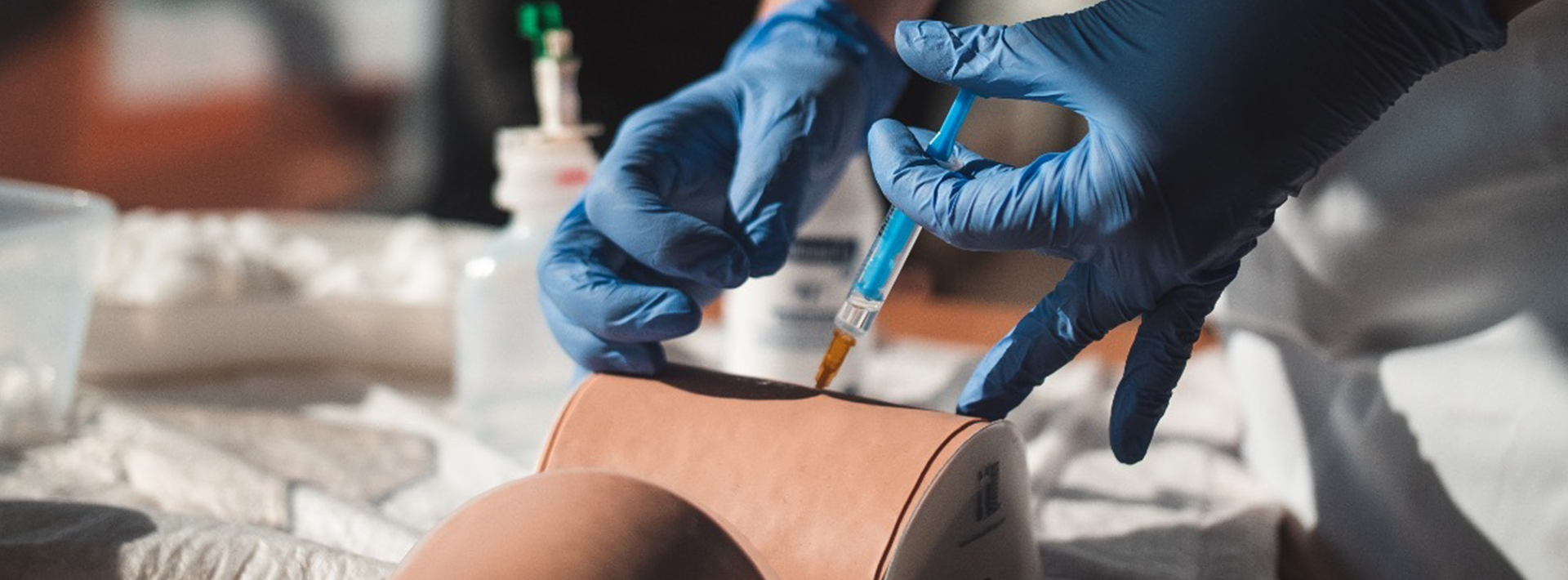Featured Projects
TEP DHEC features project - TKP2021-NVA-06
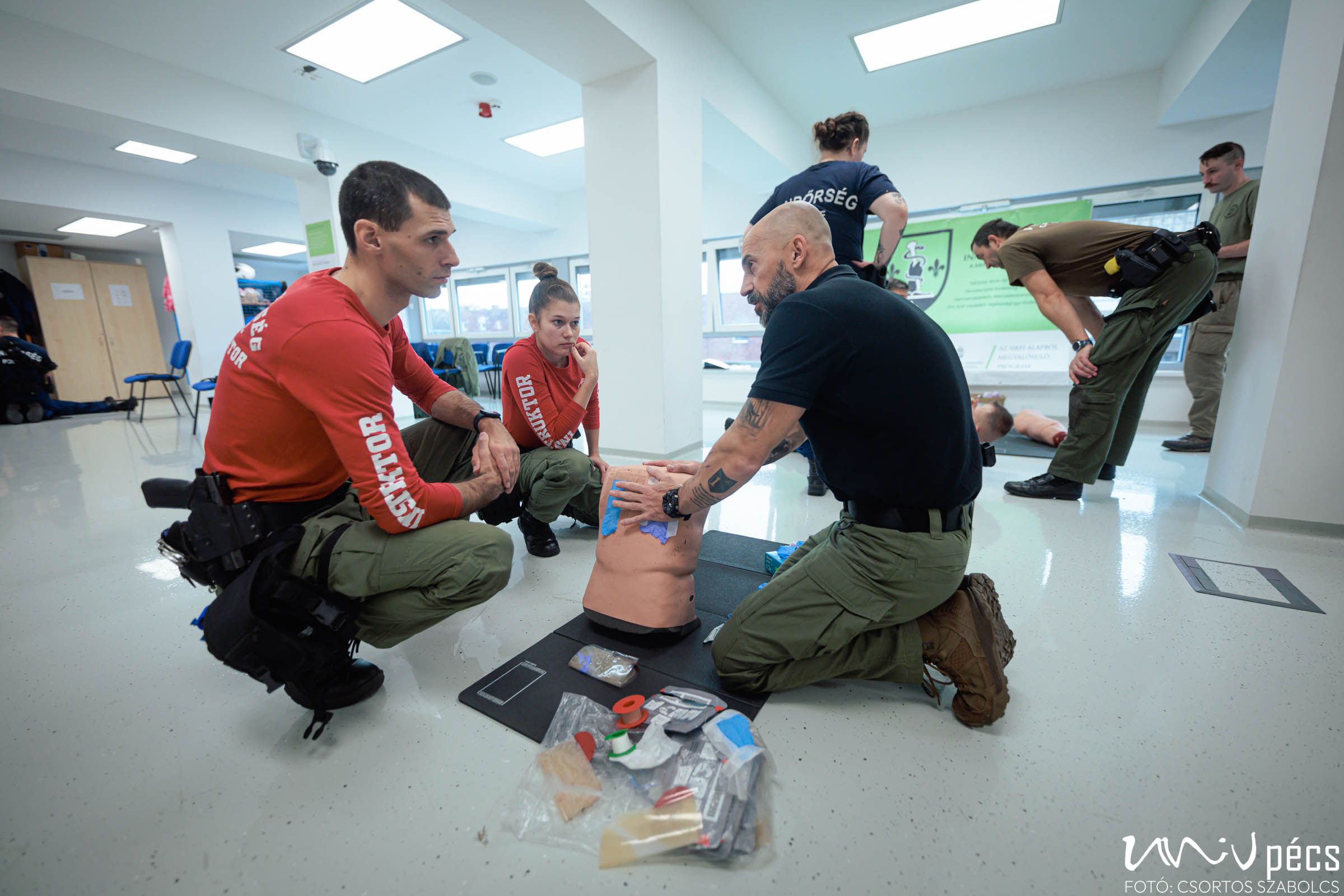
We have been awarded 400 million HUF support with the “Founding a Defence-healthcare Excellence Centre at the University of Pécs Medical School” project. The goal of the project is coming up with the best possible solutions for countries affected by challenges of current international conflicts and disasters, and the emerging new healthcare and health defence problems and their consequences. Creating the defence-healthcare skill and the proper preparedness of nations in the fields of healthcare, info-communication and other engineering fields cannot be separated from each other and are incredibly important national security factors.
We have created our Excellence Center to deliver a complex, problem solving focused way of thinking. We deal with research connected to defence-healthcare and various platforms of innovation and defence in the framework of the project.
We teach practical and theoretical parts and indispensable basic knowledge of operational medicine to armed forces and law enforcement, industry clients and all other volunteer first responders.
We have started a template program within the framework of the project called “Rural Life-Saving Program”, in which we develop life-saving and injury treatment knowledge that is easy to learn for communities in rural areas, small settlements and municipalities.
Research connected to the project analyses the examination of blunt force and penetrating chest injuries and the applications of additive manufacturing technologies (3D), fast prototype-production and VR-AR and AI technologies in defence-healthcare. Research is done with the inclusion of already existing faculty and university interdisciplinary workgroup, with an emphasis of training the next generation: therefore, URS and PhD students have a prominent role in the implementation of the professional program. Their work is coordinated by senior research leaders with the help of a validation system, and the professional-organisational ecosystem.
CTNL - 2022-2.1.1-NL-2022-00012
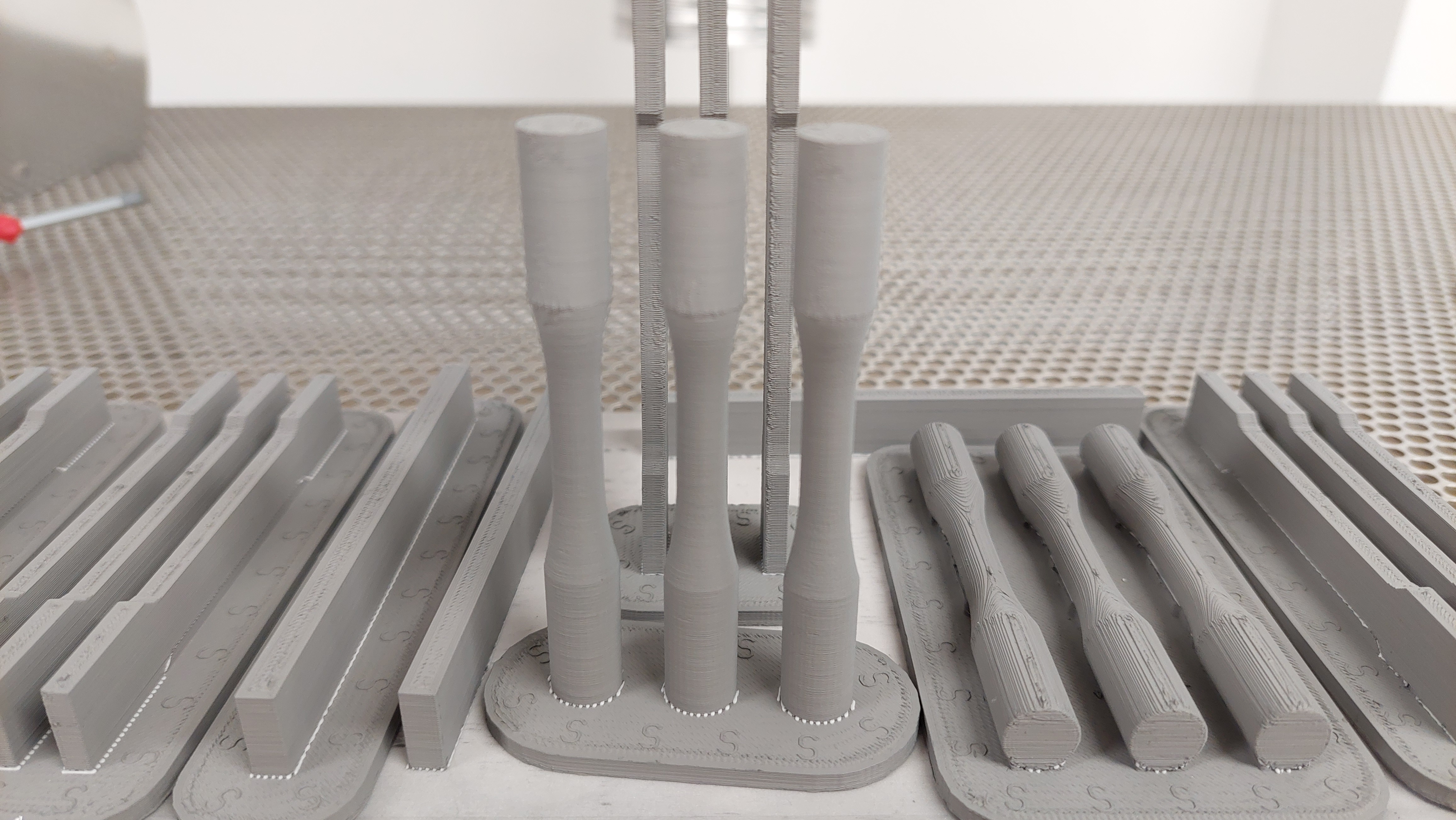
The Cooperative Technologies National Laboratory (CTNL) is an innovative space aiming to boost the digitalisation, research and development of national industry. The laboratory focuses on dual-use (military and civilian) products and builds upon local research and knowledge base.
The goal of the CTNL is to build an ecosystem that brings local universities, research institutes and innovative industry partners together. It broadens engineering competences and the knowledge base, and increases the competitiveness of national industry. The features areas of the project are the following: development of all-terrain and ground vehicles; designing a dual-use drone; bionics; robotics; additive manufacture technology.
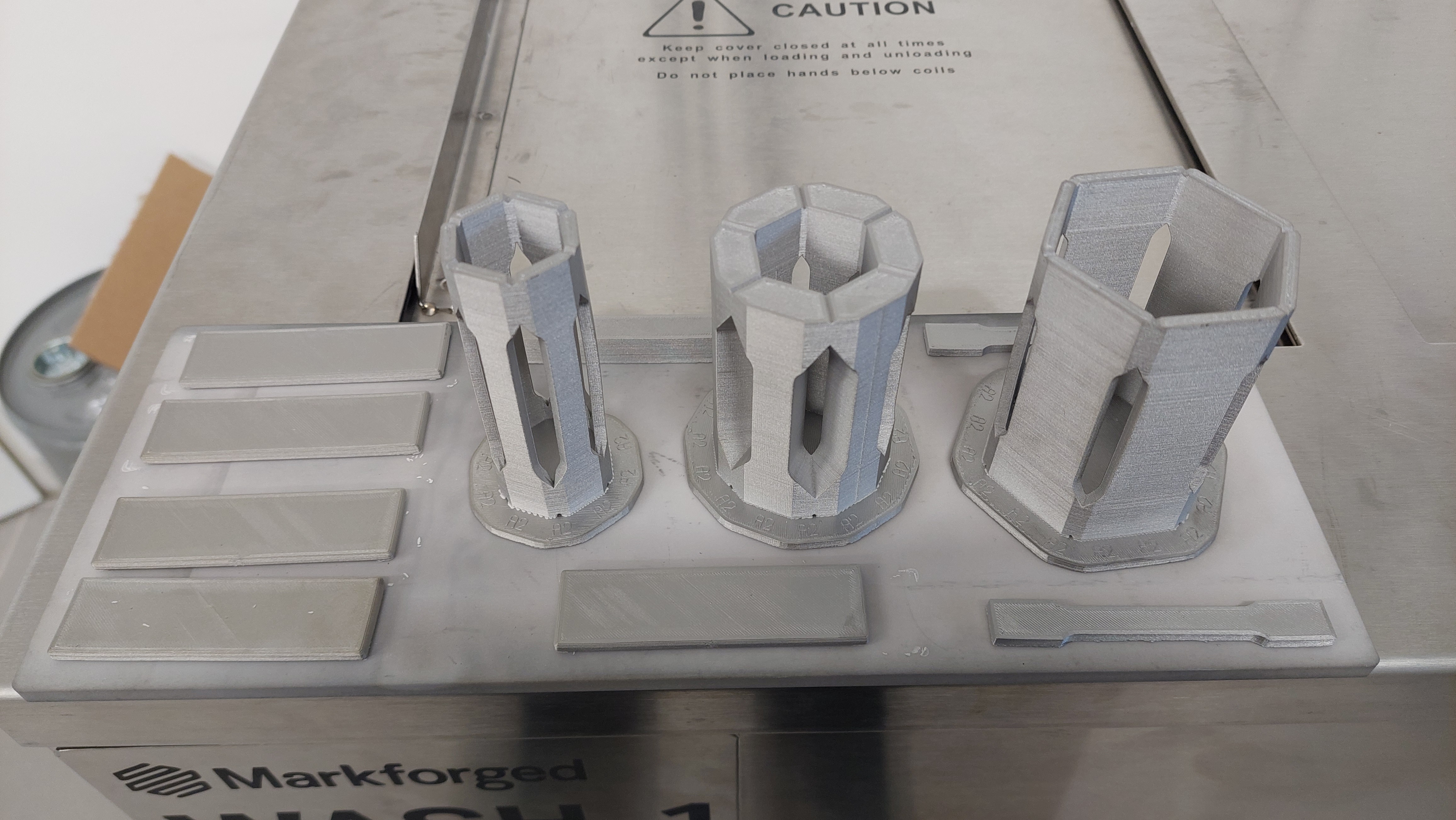
Within the scope of the project, the UP 3D Printing and Visualisation Centre researches the healthcare and military uses of exoskeletons, and is developing an upper body exoskeleton to support patient care and make moving weights easier on operational areas.
The development of remote manipulation operations with AR/VR technologies is also in special focus, aiming to increase the efficacy of precision procedures and workflows.
The third research field is the optimisation and testing of metal FFF 3D printing material characteristics, and manufacturing complex metal parts. The goal of this research is the analysis of possible applications for a dual-use drone.
EFOP 4.2.1. featured project
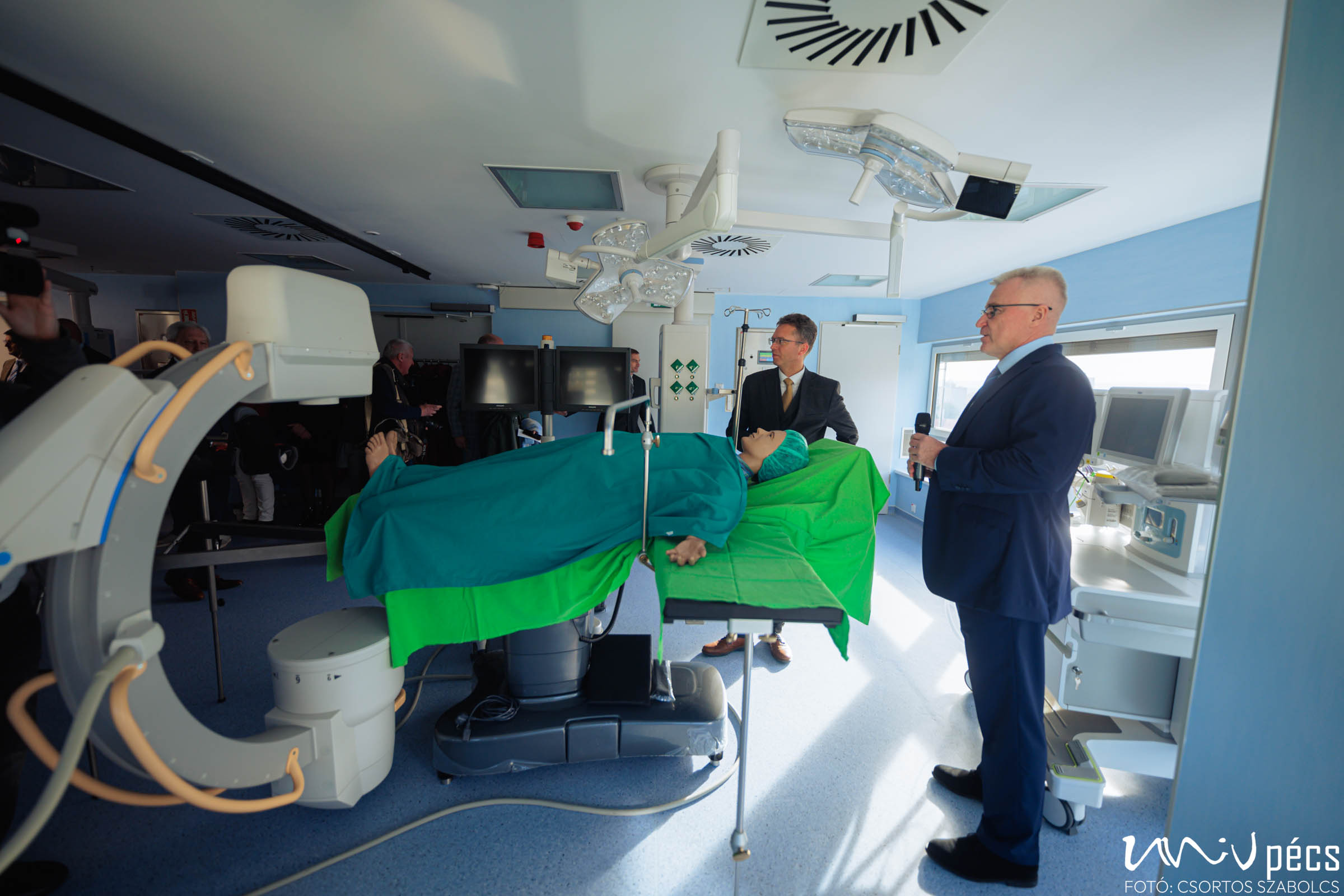
The entire EFOP-4.2.1-16-2017-00008 project was realised with the inclusion of every faculty at the University of Pécs. The investment at the Medical School also included the infrastructural development of the Medical Skills Education and Innovation Centre.
Its main goal was building simulation education spaces and acquiring IT equipment in order to increase the quality and efficacy of higher education in medicine and dentistry.
During the project, the area of our centre was expanded from 280 metres squared to over 1500 metres squared, which was made incredibly necessary by the constantly growing student body and course numbers. The investment made the creation of administrative and social areas possible, which included developments in not only student resources, but also in the expected social environment of educator and employee human resources.
We have opened new matrix classrooms for education, and there is a fully equipped cadaver surgery room and an orthodontics and preservative dentistry phantom laboratory available. The construction of the virtual and augmented reality based education, research and technology room; the specially designed operational medicine room capable of high level education of pre-hospital care; the communication rooms based on clinical wards and doctor’s offices all followed a unified professional concept. We have constructed a complex audio-visual system on the entire grounds of the Centre; educators handling education support systems and complex situations can manage practice-oriented problem solving courses from observer rooms. Thanks to this, digital education material development, research support the development of on-site education quality was also realised, since the recording education materials is one of the best supplementary part of modern education systems, in manual skills development.
The almost 2 billion Forints value investment not only made our Centre nationally unique, but it also made the creation of a world-class training and research location possible.
EFOP 4.2.2. featured project
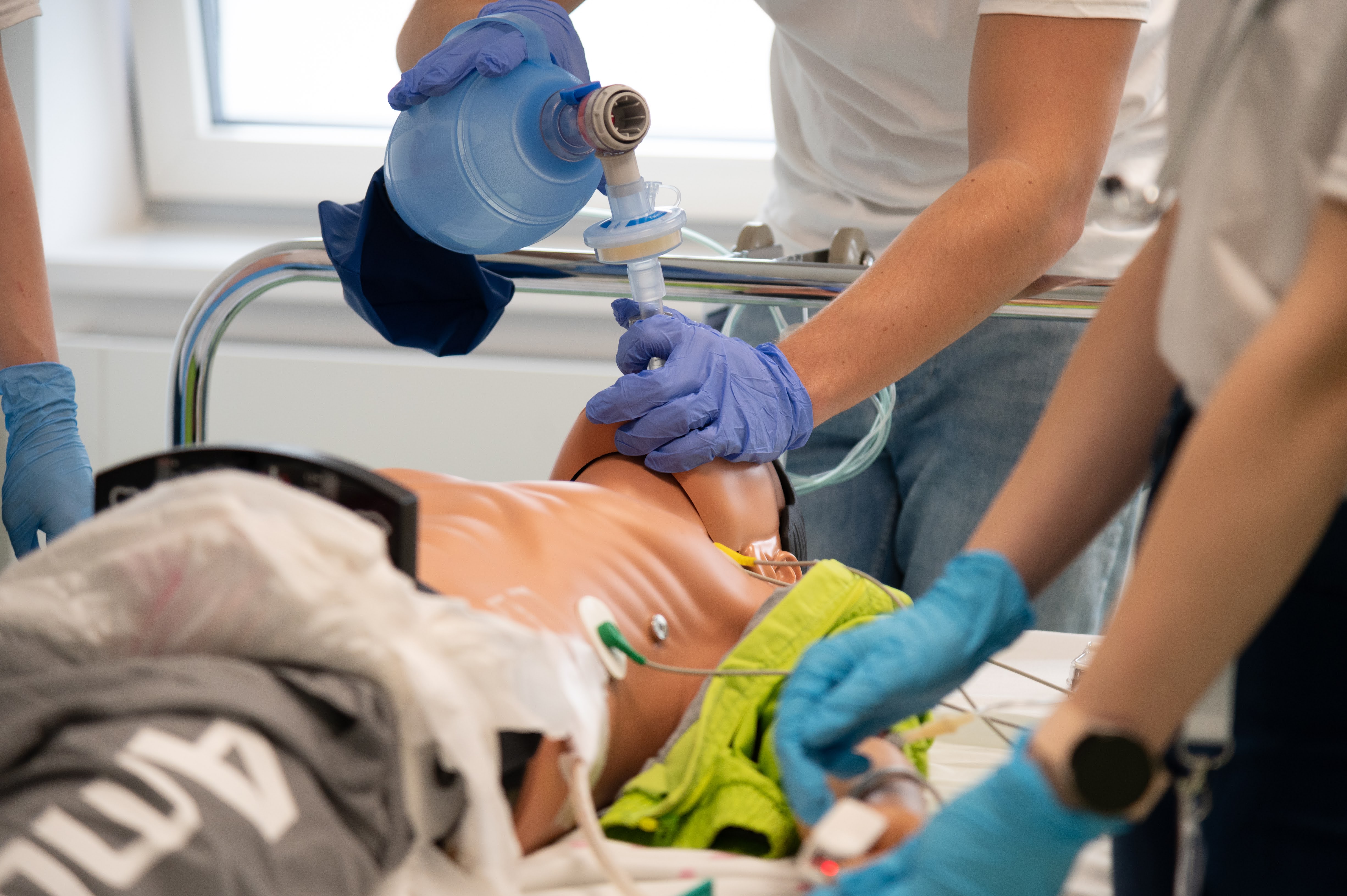
The National Directorate General of Hospitals (NDGH), the University of Debrecen, the University of Pécs and the University of Szeged have created a professional consortium in the framework of the EFOP-4.2.2-16-2017-00001 “Development of Skill Labs” project, in order to create a national skill lab network. Aside from the three universities, specific function education units outfitted with paired equipment were built in sixteen country teaching hospitals within the framework of the 8 billion Forints budget.
The project’s main goal is education of medical and healthcare manual skills and abilities, increasing patient safety and increasing the efficacy of healthcare professional trainings. The bilateral professional cooperation of universities and teaching hospitals covers the full scope of healthcare education.
Aside from establishing skill labs, the project also included developing education materials containing unified professional concepts and trainings in pedagogy and education methodology. In connection with the education and training program, we have created a methodology handbook, methodology tutorial and education videos, supporting teachers working in skill labs.
We have developed monitoring and quality assurance methods and professional protocols with the inclusion of consortium members in order to ensure proper preparation and the maintenance of centres. A mobile application supplementing simulation education was also created in the project, during which we have provided the professional background and fulfilled testing and support roles.
With the help of the project, the professional cooperation of the Hungarian skill lab network became stronger, communication and support is continuous and reciprocal. The exponential increase of participants in simulation education is an important result. In order to increase patient safety, doctors and health workers participating in gradual medical trainings, vocational trainings and upskilling can acquire invasive and non-invasive procedures and technical and non-technical skills in an appropriate and modern simulation environment.
Thematic Excellence Programme (TEP) – iCBEI
The University of Pécs applied to the 2020-4.1.1.-TKP2020 project with a Biomedical Engineering concept, with the following main topics: research connected to biotechnology, 3D bioprinting and pharmacotechnology; medical material analysis (static and dynamic mechanical testing, structural analysis, thermic analysis); healthcare software development focusing on AI and Big Data; healthcare education development including VR and AR technologies.
As a result of the awarded application support, multiple interdisciplinary projects were able to start at the university. An all-encompassing education material development program was started at the Medical School. The expansion of the Simulation Education Centre (MediSkillsLab) was possible with new equipment and units. The construction of multiple laboratories supporting research and education was started (Biomechanical Laboratory, Bio-mechatronics Laboratory). The 3D Printing and Visualisation Centre, where almost 30 experts work on developing medical equipment and software, was an important unit in the project, serving both market and internal, university needs. The professional coordination of development and research projects is an important goal; its thematic was provided by the engineering-medical interdisciplinary areas, thanks to the efficient cooperation of the Faculty of Engineering and Information Technology and the Medical School.
Work was done in the following fields:
- Biotechnology, Bioprinting and connected Pharmaceutical Technologies
- Healthcare simulation and surgery planning, operational healthcare
- Medical material technology
- Healthcare software development, AI, BigData
- Biocybernetics, healthcare robotics
- Neuro-rehabilitation, human-machine connection
The organisation of the 1st International Conference of Biomedical Engineering and Innovation, or iCBEI, in the UP János Szentágothai Research Centre between October 24 and 26, 2022, was an important milestone of professional cooperation.
The goal of the event was to introduce the biggest bioengineering developments delivered by internationally acclaimed researchers and provide an opportunity for participants to share their ideas, experiences and research from all over the world. The topics of the conference were the following: bioprinting, biotechnology, medical robotics, simulation education, surgery planning and operative medicine, healthcare software development, healthcare AI, big data, neuro-rehabilitation, human-machine interface and medical material technology. The best scientific abstracts were published in the IEEEE Xplore journal.
V.I.B.E
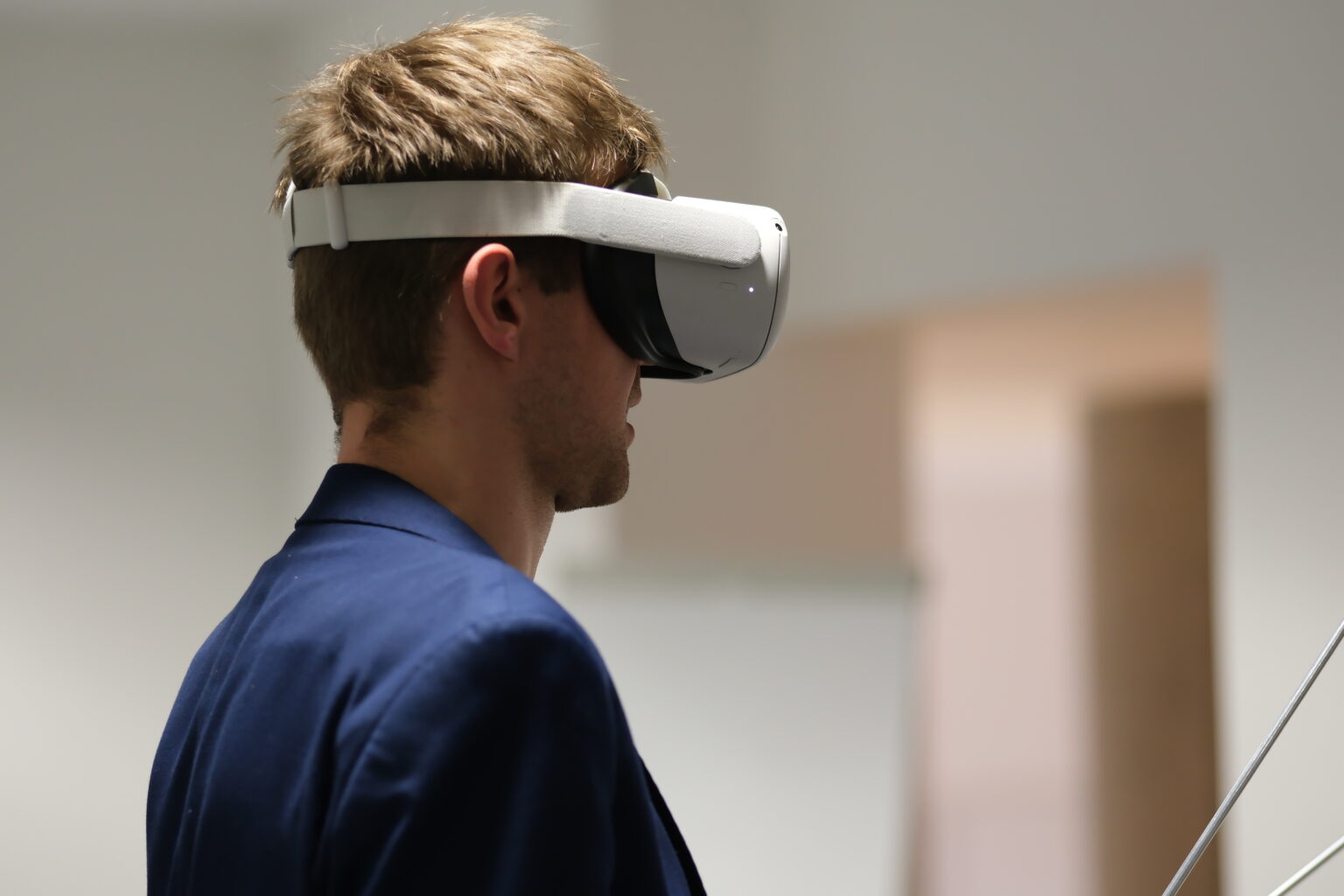
The goal of the 2021-1-HU01-KA220-HED-000032251 “Virtual Biomedical and STEM/STEAM Education – VIBE” project is to revolutionise and restructure medical and STEM (Science, Technology, Engineering, Mathematics) education, specifically focusing on information technology (IT) and the changed education environment after the COVID-19 pandemic. Within remote education and e-learning methodology, participants are researching the applications of digital and VR-based platforms. Results realised by the project (education material, training programs, dissemination events) react on the ever-increasing training need for healthcare, scientific and engineering experts on a European level.
Participants of the project include the University of Pécs (UP), one of the largest higher education institutions of Hungary, the centre of scientific life in the region. The UP has over 20 000 students, 4 000 of whom are international, and 2 000 educators, and conducts outstanding research, patient care and education work.
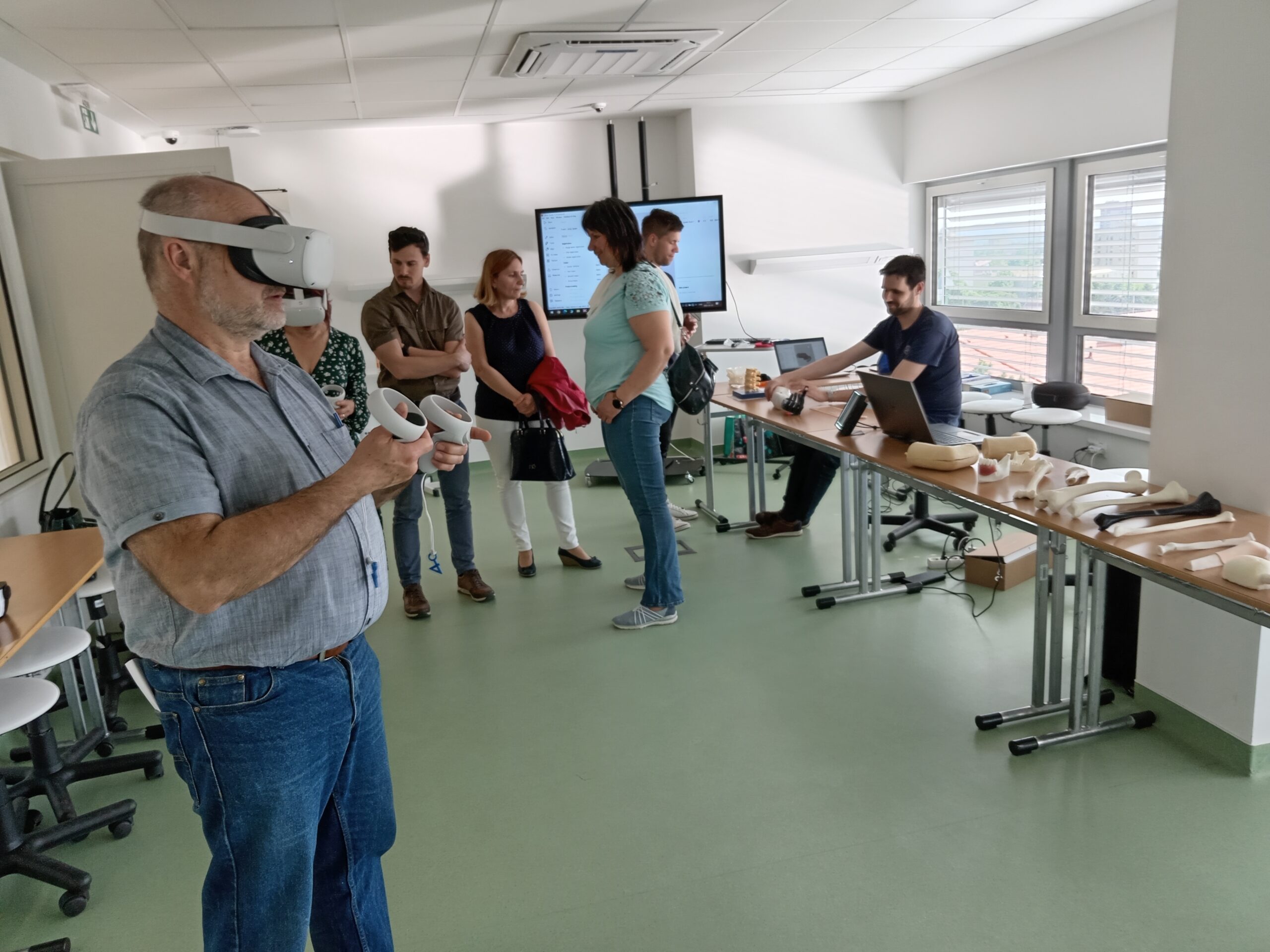
The partner institute of the project, Silesian University of Technology is the oldest and one of the most prestigious engineering universities in Poland. It has played an important role in the scientific and industrial life of the region for over 75 years. Another consortium member of the project, the Czech DEX Innovation Centre, is working in the field of digital innovation and research, and can reach the key innovation members of the country via its expansive academic and industry network. Finally, the University of Porto, the second largest university of Portugal, also participates in the project, and puts a large emphasis on internationalisation and research-development.
The goal of the V.I.B.E. project is to fully renew medical and natural science education, taking advantage of the opportunities created by digital technologies and VR in order to provide modern and interactive education experience to students, and prepare them to the challenges of the future.
